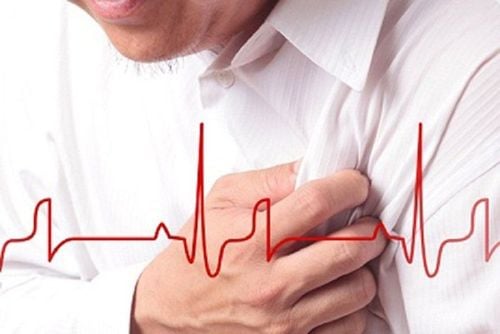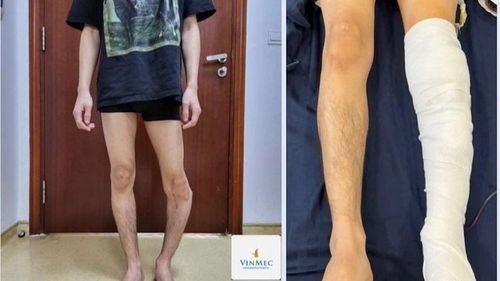Nội dung bạn đang tìm kiếm không có phiên bản tiếng Việt.
Vui lòng chọn tiếp tục để xem nội dung tiếng Anh hoặc đi đến trang chủ Tiếng Việt.
Rất xin lỗi về sự bất tiện này.

Home
Tag Blood pressure medication
Articles in Blood pressure medication

The Best Time to Take Antihypertensive medicationss: Expert Insights
Although no research studies have recommended it, the majority of individuals typically take their antihypertensive medications in the morning. However, according to a recent research study, taking antihypertensive medications before bed rather than right after waking up might reduce the risk of mortality from cardiovascular disease by half.
Xem thêm

Is it okay to overdose on blood pressure medication?
Hypertension is a fairly common chronic disease in the community. The main treatment is to take medication regularly every day in combination with non-pharmacological measures. Accordingly, the dosage of the medication must comply with the doctor's instructions through follow-up visits and blood pressure monitoring, avoiding arbitrary use leading to overdose of blood pressure medication, which is dangerous to health.
Xem thêm














